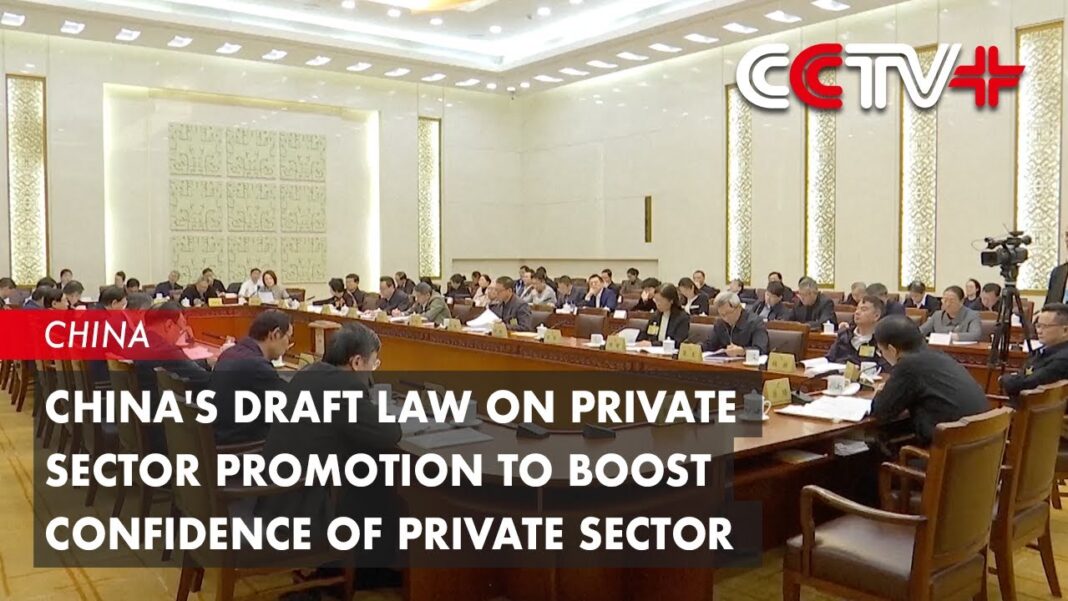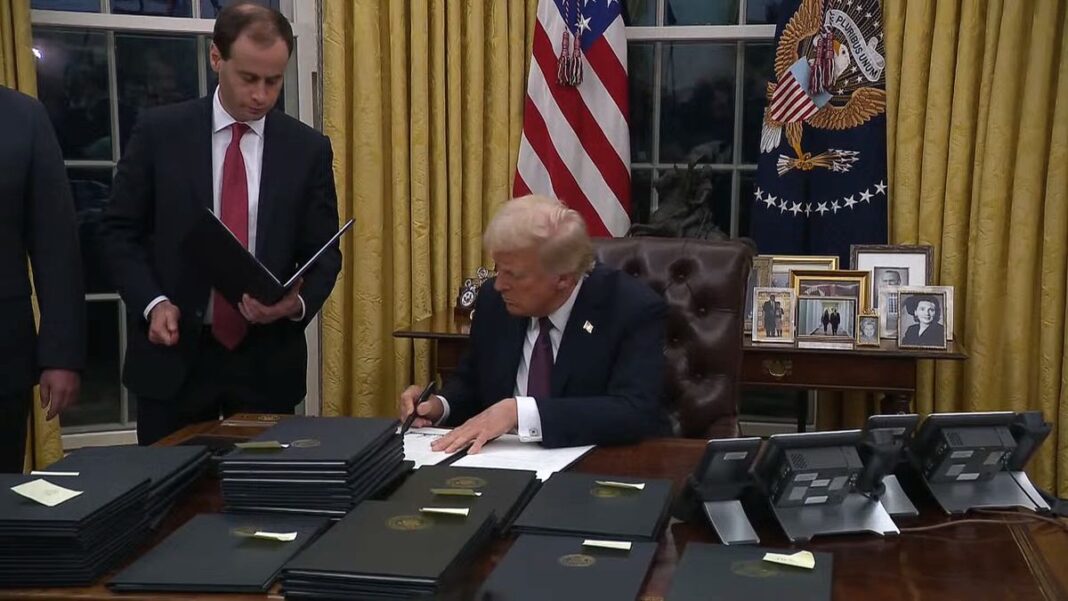Communist ideology fundamentally conflicts with private ownership, but businesses bring in the money, putting regime leadership in a bind.
News Analysis
The annual legislative gathering of China’s ruling communist party concluded on March 11 without passing the private economy promotion law despite much hype in official propaganda.
Experts say this shows Beijing doesn’t know what to do with its private sector; it knows that private businesses contribute significantly to the economy by generating jobs, tax revenue, and innovation, but communist ideology fundamentally conflicts with private ownership.
The legislative meetings focused on the economy, which has stagnated since the end of 2022, when communist leader Xi Jinping lifted the draconian “zero-COVID” lockdown. Late last year, the Chinese Communist Party (CCP) rolled out a series of stimulus packages totaling about 10 trillion yuan ($1.2 trillion). However, substantial economic recovery hasn’t transpired.
On March 9, China released its February consumer price index (CPI), a key indicator of inflation, and Producer Price Index (PPI), which tracks factory-gate commercial prices. Wholesale prices have fallen 29 months consecutively since October 2022. CPI fell by 0.7 percent year-on-year, the first contraction since January 2024. The numbers indicate that the risk of deflation remains real. In a deflationary environment, consumers hold off spending, hoping prices will drop further.
Hence, one of the themes of the party’s annual meetings this year was stimulating consumption. On that, the private sector plays a vital role.
According to the latest available official data, in 2023, private enterprises accounted for about half of the exports, more than half of the government tax revenue, more than 60 percent of the gross domestic product (GDP), more than 70 percent of innovation, more than 80 percent of urban jobs, and more than 90 percent of total number of companies.
When opening the conference on March 5, Chinese premier Li Qiang underscored the importance of creating a fair and competitive market environment for both state-owned and private enterprises to thrive.
The draft of Private Economy Promotion Law was highlighted in Li’s work report. However, this landmark legislation—the first foundational law specifically focused on private economy development—did not pass during the Two Sessions, contrary to external expectations.









